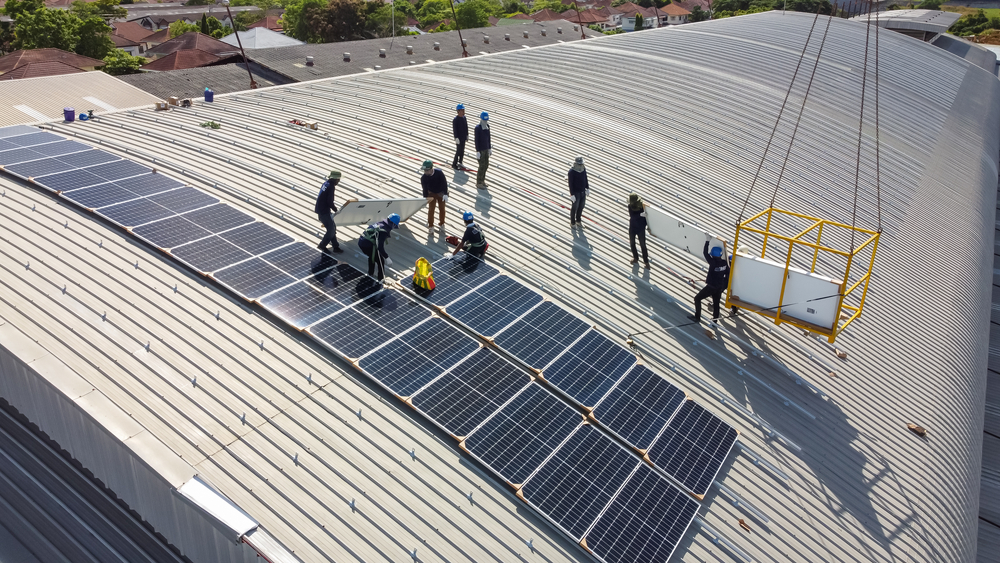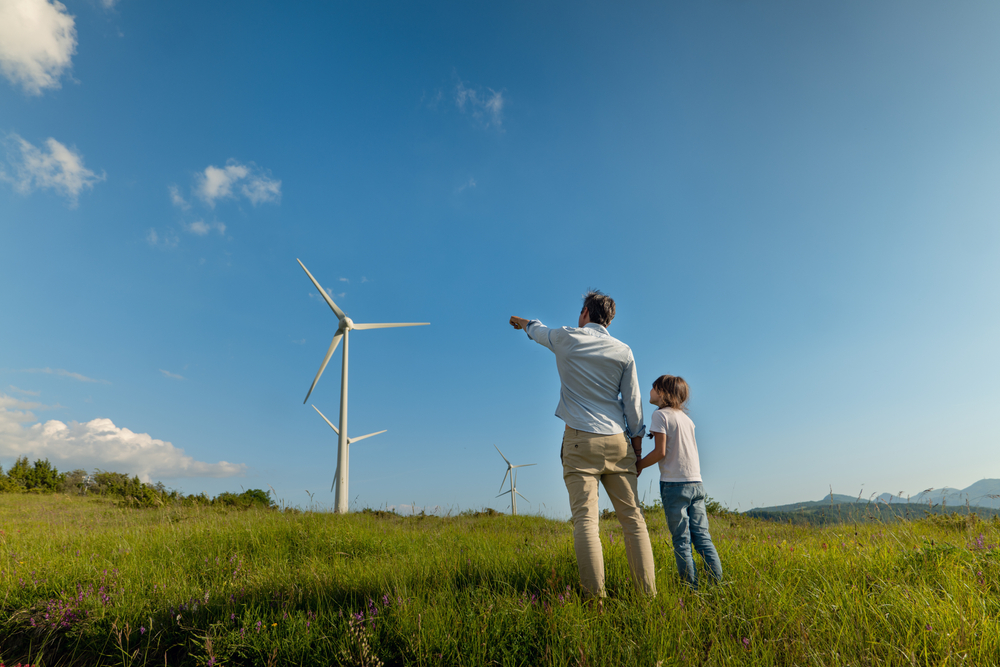

This course is important to know the consequences of renewable energy sources. It examines their environmental, economic and social effects, providing important knowledge of how renewable energy can contribute to the sustainable development of society and modify energy systems.
| City | Start Date | End Date | Fees | Register | Enquire | Download |
|---|---|---|---|---|---|---|
| Amsterdam | 23-06-2025 | 27-06-2025 | 6200 $ | Register | Enquire | |
| Kuala Lumpur | 30-06-2025 | 04-07-2025 | 4950 $ | Register | Enquire | |
| Madrid | 07-07-2025 | 11-07-2025 | 6200 $ | Register | Enquire | |
| Dubai | 14-07-2025 | 18-07-2025 | 4300 $ | Register | Enquire | |
| Kuala Lumpur | 21-07-2025 | 25-07-2025 | 4950 $ | Register | Enquire | |
| Casablanca | 28-07-2025 | 01-08-2025 | 4950 $ | Register | Enquire | |
| Kuala Lumpur | 04-08-2025 | 08-08-2025 | 4950 $ | Register | Enquire | |
| London | 11-08-2025 | 15-08-2025 | 6200 $ | Register | Enquire | |
| Casablanca | 25-08-2025 | 29-08-2025 | 4950 $ | Register | Enquire | |
| Prague | 01-09-2025 | 05-09-2025 | 6200 $ | Register | Enquire | |
| Casablanca | 08-09-2025 | 12-09-2025 | 4950 $ | Register | Enquire | |
| Amsterdam | 15-09-2025 | 19-09-2025 | 6200 $ | Register | Enquire | |
| Paris | 22-09-2025 | 26-09-2025 | 6200 $ | Register | Enquire | |
| Sharm El Sheikh | 06-10-2025 | 10-10-2025 | 3950 $ | Register | Enquire | |
| Istanbul | 13-10-2025 | 17-10-2025 | 4950 $ | Register | Enquire | |
| London | 20-10-2025 | 24-10-2025 | 6200 $ | Register | Enquire | |
| Amsterdam | 27-10-2025 | 31-10-2025 | 6200 $ | Register | Enquire | |
| Kuala Lumpur | 03-11-2025 | 07-11-2025 | 4950 $ | Register | Enquire | |
| London | 10-11-2025 | 14-11-2025 | 6200 $ | Register | Enquire | |
| Amsterdam | 17-11-2025 | 21-11-2025 | 6200 $ | Register | Enquire | |
| Casablanca | 24-11-2025 | 28-11-2025 | 4950 $ | Register | Enquire | |
| Manama | 01-12-2025 | 05-12-2025 | 4400 $ | Register | Enquire | |
| London | 08-12-2025 | 12-12-2025 | 6200 $ | Register | Enquire | |
| Casablanca | 15-12-2025 | 19-12-2025 | 4950 $ | Register | Enquire | |
| Barcelona | 22-12-2025 | 26-12-2025 | 6200 $ | Register | Enquire | |
| Dubai | 29-12-2025 | 02-01-2026 | 4300 $ | Register | Enquire |
There has been tremendous growth in the use of renewable energy sources due to stricter regulations associated with the polluting nature of conventional sources and advances in power generation systems. This shift toward renewable energy resources explains the increase in investment in renewables worldwide.
However, the transition to a power system that relies more on renewables does not come easily. This change presents challenges, particularly in power system operation and electricity supply, as the amount of energy produced is determined by weather conditions.
This renewable energy sources course focuses on the computational methods necessary for the reliability evaluation of power generation systems whose load is primarily derived from renewable energy sources.
At the completion of this training course on renewable energy sources, students will be expected to:
Module 1: Introduction and General Issues
Unit 2: Thermal Power Plants
Unit 3: Integration of Wind Generation Installations
Unit 4: Integration of Other Renewable Energy Installations
Unit 5: Operational Assessment of Power Generation Systems



















